Global backing meets regional reservations on Trump's Gaza peace plan
Kamran Khan says eight Muslim countries voice some reservations despite broad international support for Trump's peace plan
News Desk
The News Desk provides timely and factual coverage of national and international events, with an emphasis on accuracy and clarity.
The international community has broadly welcomed President Donald Trump’s “Peace Plan” for a free Palestinian state, but the real test of its success will come when Hamas, the decisive Palestinian stakeholder, responds.
While the European Union, the Western world, and Muslim countries have publicly expressed support, a bloc of eight Muslim nations has voiced reservations over certain clauses, highlighting the complexities underlying regional consensus.
In the latest episode of On My Radar, Kamran Khan explained that while these countries support the idea of peace, they have raised concerns to reassure their populations. He said that Pakistan, Saudi Arabia, Turkey, the UAE, Indonesia, Qatar, Jordan, and Egypt are particularly uneasy with the published 20-point plan, noting that key changes were neither discussed in prior meetings with President Trump nor reflective of the recommendations these Muslim nations had proposed. Critics argue that this has skewed the plan toward Israeli interests rather than a genuine “two-state solution.”
White House talks and diplomatic clarifications
Two days ago, President Trump and Israeli Prime Minister Benjamin Netanyahu held a White House meeting on the Gaza peace process, followed by a joint press conference. Trump thanked the leaders of Arab and Muslim nations, noting that Pakistan’s Prime Minister Shahbaz Sharif and Chief of Army Staff Field Marshal Syed Asim Munir were “100% in agreement” with the plan to end the Gaza conflict. Pakistan, representing the bloc of eight Muslim nations, later clarified through Deputy Prime Minister and Foreign Minister Ishaq Dar that the joint proposals of these countries should be incorporated into the peace plan. Dar emphasized that this was meant to counter the impression that they had unconditionally accepted Trump’s plan.
Following these dissenting voices, President Trump engaged Hamas regarding the proposal. CNN reported that the U.S. gave Hamas three to four days to decide on the peace plan, prompting consultations with senior officials in Egypt, Qatar, and Turkey. Meanwhile, BBC reported that Hamas has outright rejected the plan, arguing it favors Israeli interests over those of the Palestinian people.
Key provisions and stakeholder concerns
The objections raised by the eight Muslim countries and Hamas have merit, analysts say. The peace plan does not provide a clear timeline for Israeli withdrawal from Palestinian territories, and it largely sidelines the Palestinian Authority in Gaza. U.S. media outlet Axios noted that the 20-point plan differs significantly from earlier agreements between the U.S., Arab, and Muslim countries, with changes reportedly driven by Israeli Prime Minister Netanyahu during a six-hour meeting with White House envoys and Jared Kushner regarding the withdrawal process. Netanyahu also announced plans to fully disarm Hamas while maintaining Israel’s security presence in Gaza.
Key provisions of the plan include an immediate ceasefire and the release of Israeli hostages. According to the plan, within 72 hours of Hamas accepting it, all Israeli hostages—alive or deceased—would be returned, while Israel would gradually release approximately 1,950 Palestinian prisoners. Israel would retreat to a limited extent but retain security control in Gaza, which Muslim countries argue undermines Palestinian sovereignty.
The 20-point plan also proposes the creation of an interim authority under international supervision, overseen by a “Board of Peace” led by President Trump. Former British Prime Minister Tony Blair would serve as a board member and head the Interim Transitional Authority. Muslim nations strongly oppose this, advocating instead that the Palestinian Authority and Palestinian technocrats play a central role in governance following a ceasefire.
Palestinian autonomy remains key demand of Muslim countries
In July 2025, Saudi Arabia and France presented a “Joint Peace Declaration” at the United Nations emphasizing a genuine two-state solution, including an immediate ceasefire, a roadmap for Gaza and West Bank reunification under the Palestinian Authority, and oversight of transitional structures by the Palestinian Authority itself.
Analysts note that, unlike Trump’s plan, the Saudi-France framework prioritized Palestinian political autonomy—a demand still echoed by the eight Muslim countries.
Before the 20-point peace plan was released, Islamabad’s Ministry of Foreign Affairs had issued a joint statement from the eight Muslim countries, expressing full support for Trump’s efforts to end the Gaza war. Later, Qatar’s Prime Minister Sheikh Mohammed bin Abdulrahman Al Thani said that while the plan addresses halting the conflict, many points require clarification and dialogue.
A striking moment occurred at the White House when Netanyahu called Qatar’s Prime Minister to apologize for the Israeli strike in Doha on September 9, promising, in Trump’s presence, that no such attacks would occur in the future. Meanwhile, countries like Canada, Australia, the UK, and European nations have followed a pattern similar to their recognition of Palestine at the UN, now expressing support for Trump’s peace plan.
Observers note that the plan provides political cover to Israel to present it as a multilateral peace effort rather than a unilateral decision. Requirements such as Hamas’ disarmament align with Israeli security priorities, and international figures like Tony Blair are included to lend credibility. Yet, critics argue that the plan’s central weakness is that the Palestinian people and Hamas—the actual stakeholders—were not consulted on its terms.
The situation now hinges on Hamas’ response. President Trump has warned of serious consequences should Hamas reject the plan. The coming days will reveal whether a genuine path to peace in the Middle East opens or whether the region moves toward further conflict.


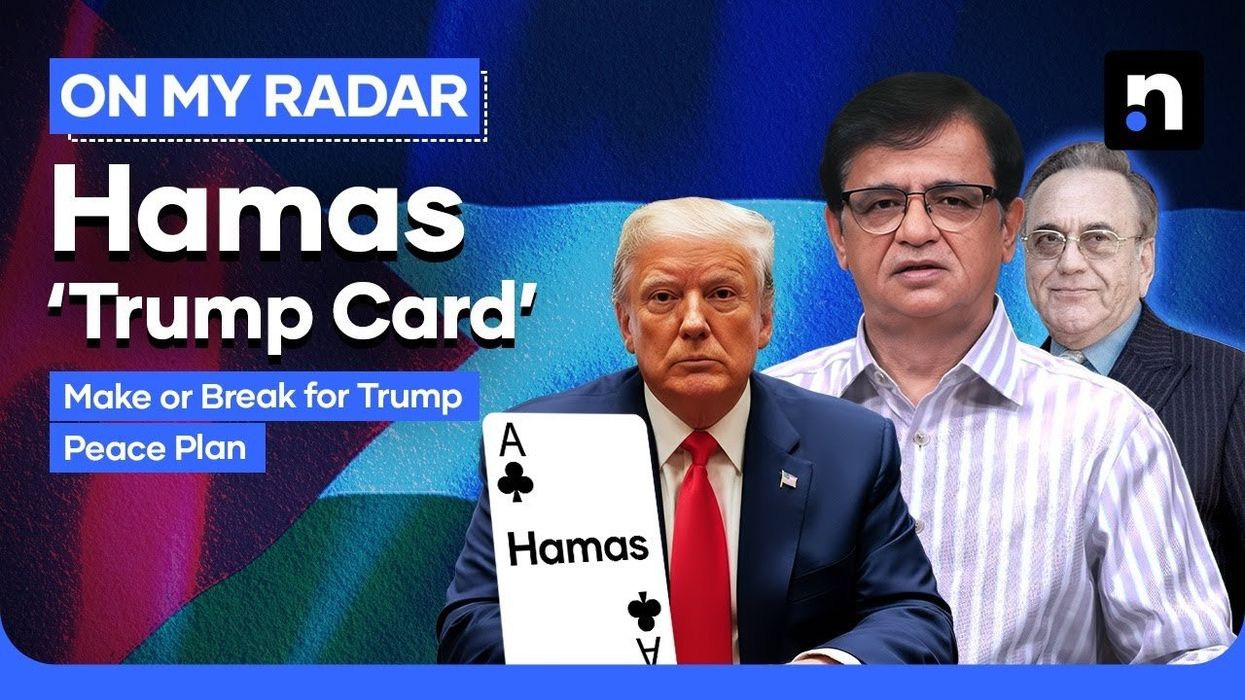
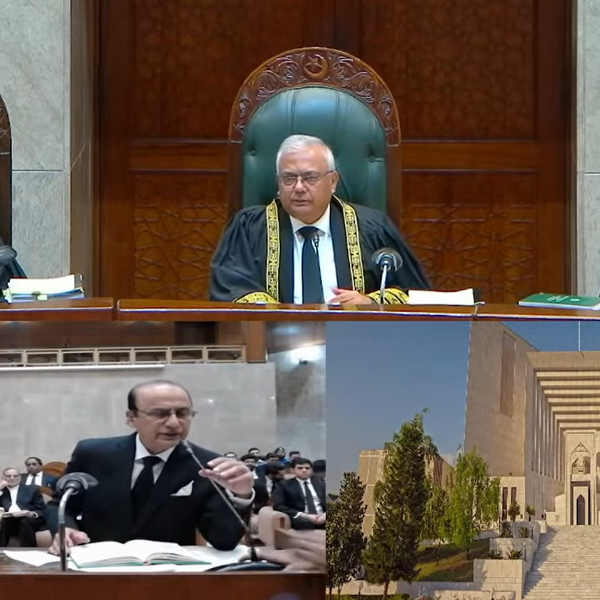

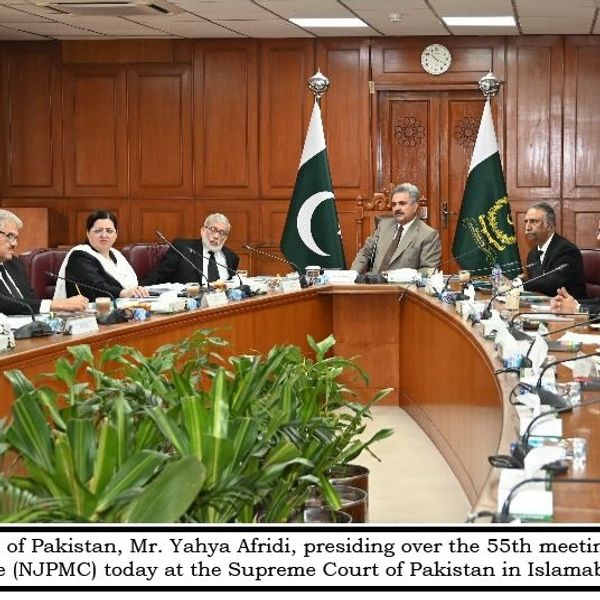
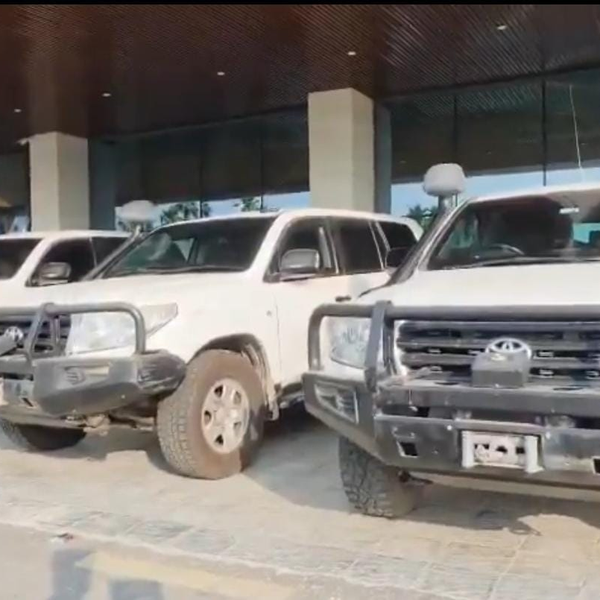
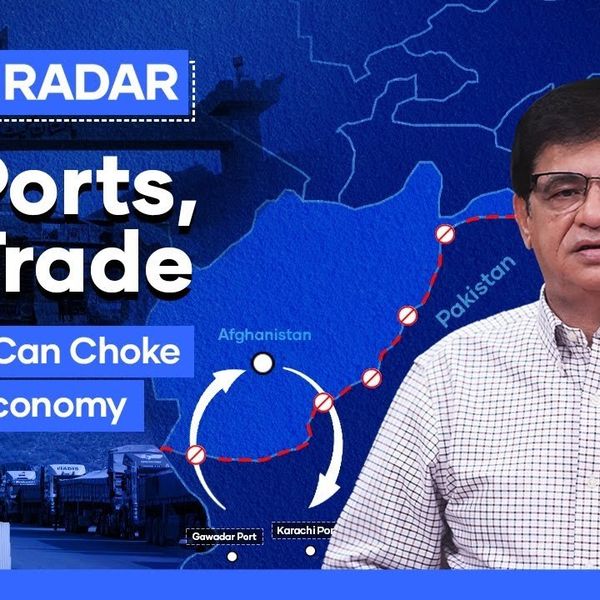
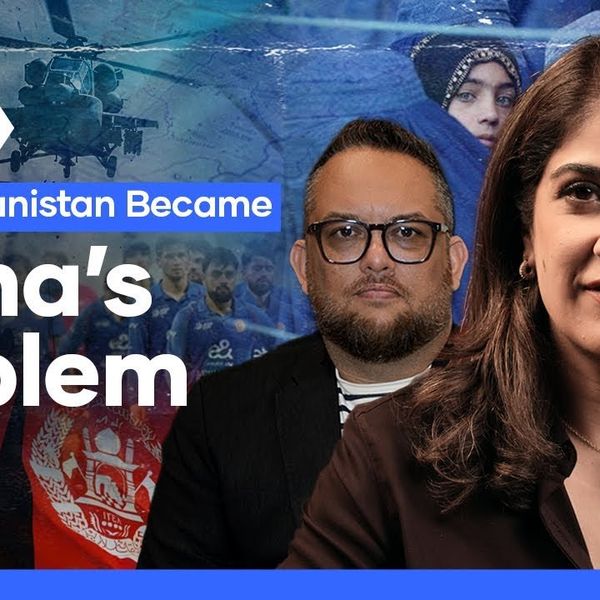


Comments
See what people are discussing